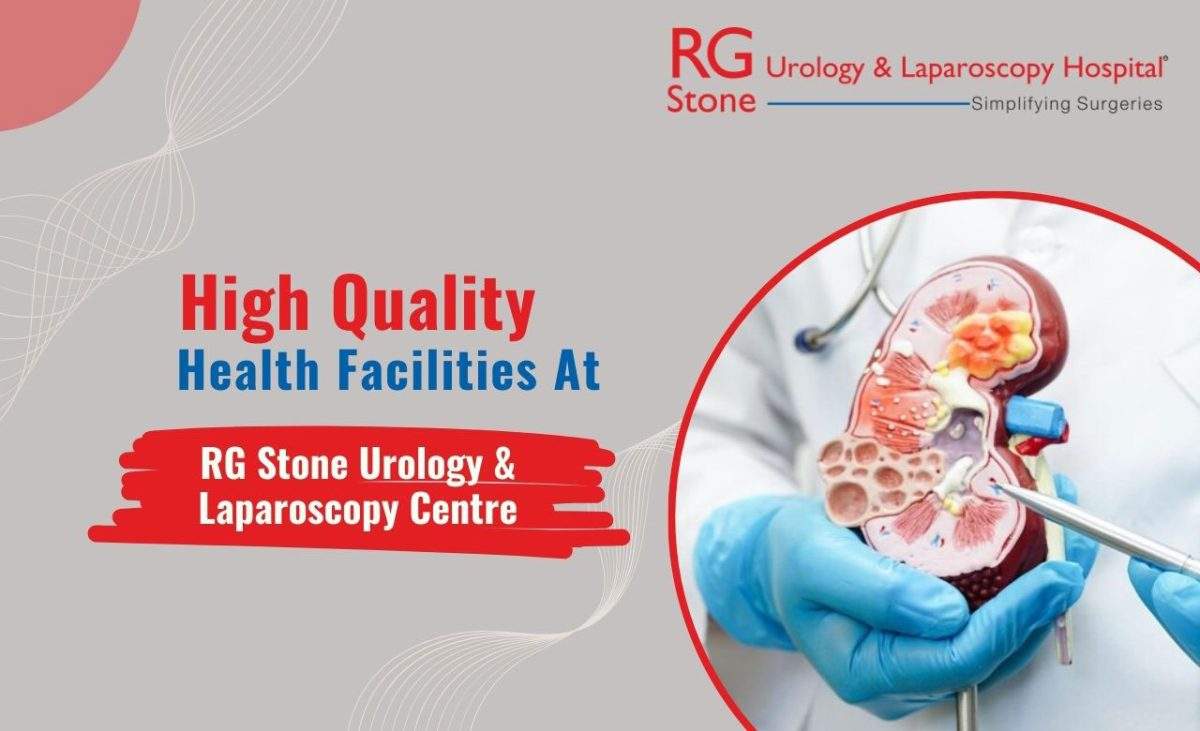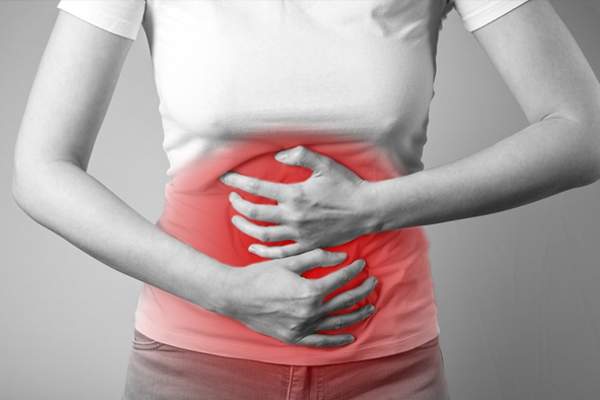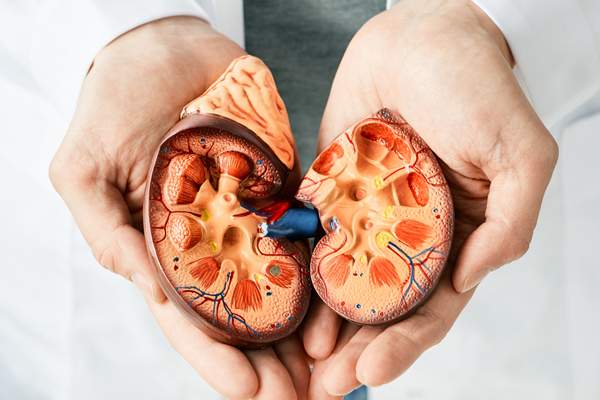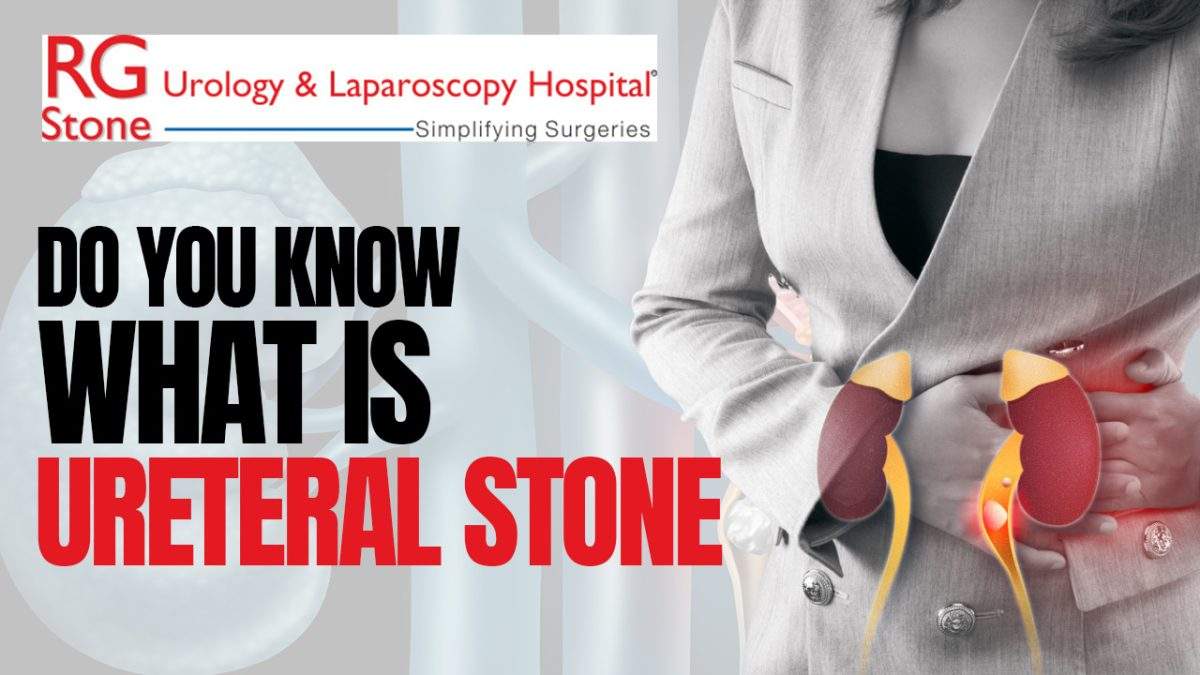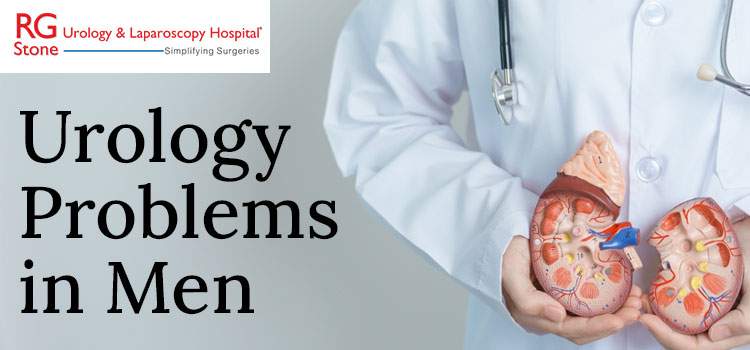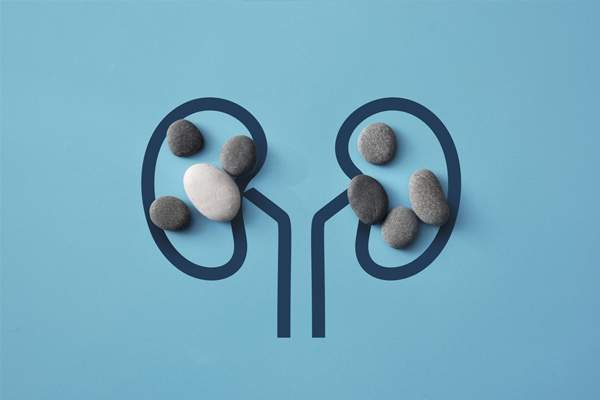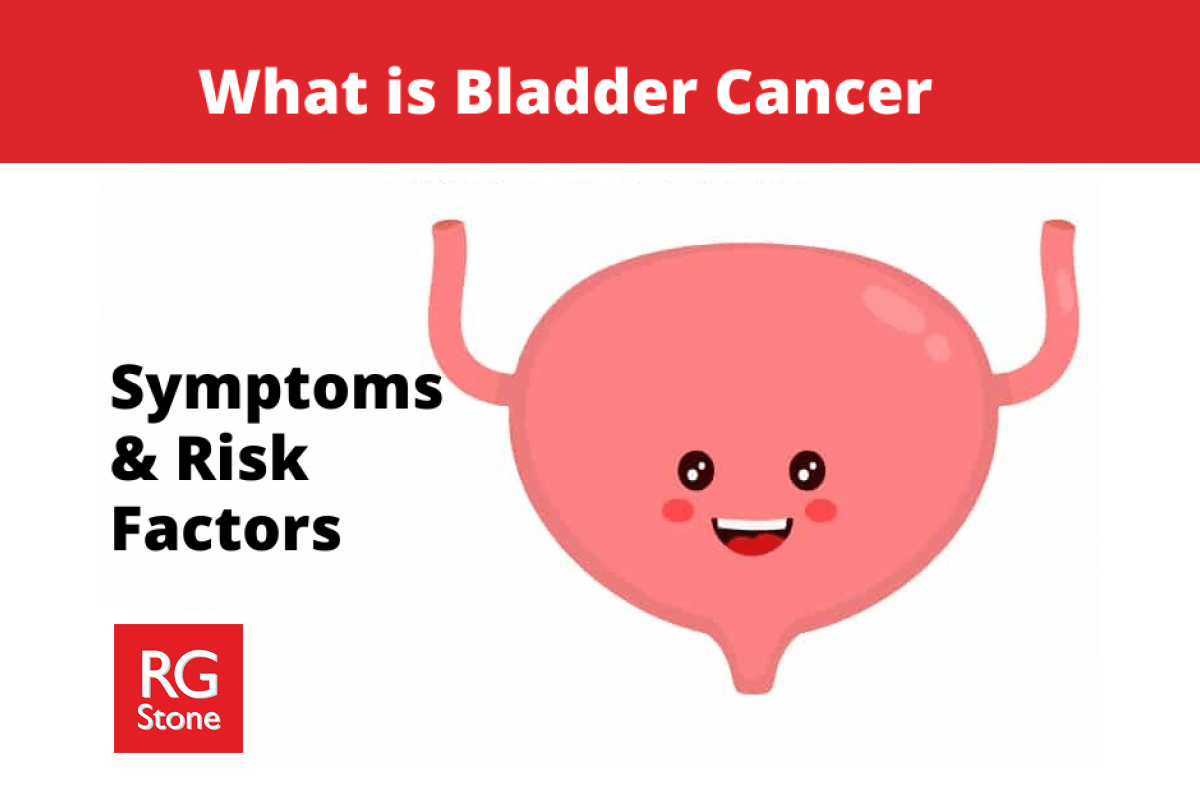हर्निया एक सामान्य चिकित्सीय स्थिति है जो तब होती है जब कोई अंग या वसायुक्त ऊतक मांसपेशियों या संयोजी ऊतक में किसी कमजोर स्थान से होकर गुजरता है। जबकि अकेले आहार हर्निया का इलाज नहीं कर सकता है, यह लक्षणों को प्रबंधित करने और उपचार प्रक्रिया का समर्थन करने में महत्वपूर्ण भूमिका निभा सकता है। इस ब्लॉग में, हम चर्चा करेंगे कि हर्निया से निपटने के दौरान व्यक्ति को क्या खाना चाहिए और क्या नहीं खाना चाहिए ;
हर्निया रोग क्या है ?
- हर्निया की स्थिति में मांसपेशी या ऊतक कमजोर होकर फट जाते है या उसमें छेद हो जाता है और उसके अंदर का अंग उभर कर बाहर आ जाता है। हर्निया एक सामान्य बीमारी है जिससे पीड़ित मरीज को चलते, दौड़ते या दैनिक जीवन के दूसरे कामों को करते समय दर्द होता है।
- ज्यादातर मामलों में यह पेट में देखने को मिलता है, लेकिन यह जांघ के ऊपरी हिस्से, नाभि और कमर के आसपास भी हो सकता है। अधिकतर मामलों में हर्निया घातक नहीं होते है, लेकिन उन्हें इलाज की आवश्यकता होती है। हर्निया का एकमात्र इलाज सर्जरी है।
अगर हर्निया रोग के साथ-साथ आपको मूत्र संबंधी समस्या का सामना करना पड़ रहा है, तो इससे बचाव के लिए आपको लुधियाना में बेस्ट यूरोलॉजिस्ट का चयन करना चाहिए।
हर्निया के मरीज को क्या खाना चाहिए ?
फाइबर युक्त खाद्य पदार्थ :
अपने आहार में फल, सब्जियां और साबुत अनाज जैसे फाइबर युक्त खाद्य पदार्थों को भरपूर मात्रा में शामिल करें। ये खाद्य पदार्थ कब्ज को रोकने में मदद कर सकते है, जो हर्निया वाले लोगों के लिए एक आम समस्या है। कब्ज से हर्निया के लक्षण बिगड़ सकते है, इसलिए मल त्याग को नियमित बनाए रखना आवश्यक है।
दुबले प्रोटीन :
चिकन, टर्की, मछली और फलियां जैसे प्रोटीन के दुबले स्रोतों को चुनें। प्रोटीन ऊतकों की मरम्मत और समग्र स्वास्थ्य के लिए आवश्यक है। वसायुक्त और प्रसंस्कृत मांस से बचें, क्योंकि वे वजन बढ़ाने और हर्निया के लक्षणों को खराब करने में योगदान दे सकते हैं।
स्वस्थ वसा :
एवोकैडो, नट्स और जैतून का तेल जैसे स्वस्थ वसा वाले खाद्य पदार्थ शामिल करें। ये वसा सूजन को कम कर सकते है और शरीर की प्राकृतिक उपचार प्रक्रियाओं का समर्थन कर सकते है।
कम अम्लता वाले खाद्य पदार्थ :
यदि आपको हाइटल हर्निया है, जो पेट के ऊपरी हिस्से को प्रभावित करता है, तो कम अम्लता वाले खाद्य पदार्थ खाने की सलाह दी जाती है। इनमें गैर-खट्टे फल, गैर-टमाटर-आधारित सॉस और साबुत अनाज शामिल है।
बार-बार भोजन करने से बचे :
अधिक मात्रा में भोजन करने के बजाय, छोटे-छोटे, अधिक बार भोजन करने का विकल्प चुनें। इससे पेट क्षेत्र पर दबाव कम करने और असुविधा को कम करने में मदद मिल सकती है।
जलयोजन :
खूब सारा पानी पीकर अच्छी तरह हाइड्रेटेड रहें। पाचन स्वास्थ्य के लिए उचित जलयोजन आवश्यक है और कब्ज को रोकने में मदद कर सकता है।
अगर आप लुधियाना में हर्निया का इलाज करवाना चाहते है तो इसके लिए आपको अनुभवी डॉक्टर का चयन करना चाहिए।
क्या खाने से बचें !
भारी, मसालेदार और तले हुए खाद्य पदार्थ :
भारी, मसालेदार और तले हुए खाद्य पदार्थों से दूर रहें, क्योंकि वे अपच का कारण बन सकते है और हर्निया से जुड़ी असुविधा को बढ़ा सकते है।
कार्बोनेटेड पेय पदार्थ से दूर रहें :
कार्बोनेटेड पेय से बचें, क्योंकि वे गैस और सूजन का कारण बन सकते है, जो हर्निया के लक्षणों को बढ़ा सकते है।
शराब और कैफीन से दूर रहें :
शराब और कैफीन का सेवन सीमित करें, क्योंकि वे निचले एसोफेजियल स्फिंक्टर (एलईएस) को आराम दे सकते है, जिससे संभावित रूप से पेट का एसिड वापस अन्नप्रणाली में प्रवाहित हो सकता है और हायटल हर्निया के लक्षण बढ़ सकते है।
अत्यधिक नमक के सेवन से दूरी :
उच्च सोडियम वाले खाद्य पदार्थों से जल प्रतिधारण हो सकता है और पेट का दबाव बढ़ सकता है, जो हर्निया पीड़ितों के लिए असुविधाजनक हो सकता है। अपने नमक का सेवन कम करें और अत्यधिक प्रसंस्कृत खाद्य पदार्थों से बचें।
प्रसंस्कृत शर्करा :
अतिरिक्त शर्करा वाले खाद्य पदार्थों और पेय पदार्थों का सेवन कम करें, क्योंकि वे वजन बढ़ाने में योगदान कर सकते है और पाचन संबंधी समस्याओं को बढ़ा सकते है।
खट्टे और टमाटर उत्पाद :
यदि आपको हायटल हर्निया है, तो खट्टे फल और टमाटर आधारित उत्पादों जैसे अम्लीय खाद्य पदार्थों से बचना सबसे अच्छा है, क्योंकि वे एसिड भाटा को ट्रिगर कर सकते है।
सोने से पहले अधिक भोजन से बचें :
सोने से कुछ समय पहले अधिक भोजन करने से बचें। इससे एसिड रिफ्लक्स का खतरा बढ़ सकता है, जो विशेष रूप से हायटल हर्निया वाले व्यक्तियों के लिए चिंताजनक है।
हर्निया रोग के दौरान क्या सावधानियां बरते !
- खाना बनाने के लिए, स्वस्थ तेल जैसे कि जैतून का तेल, अंगूर का तेल और एवोकैडो तेल का उपयोग करें।
- फाइबर युक्त खाद्य पदार्थ का सेवन करें।
- डीप फ्राई फूड न खाएं।
- प्रोसेस्ड और पैकेज्ड चीजों को खाने से परहेज करें।
- नारियल के तेल, एवोकैडो तेल जैसे स्वस्थ तेलों का उपयोग करें
- थोड़ा-थोड़ा करके खाना खाएं।
- खूब पानी पिएं। प्रतिदिन लगभग आठ गिलास पानी पीने का लक्ष्य रखें।
- अपने दैनिक आहार में प्रोबायोटिक्स को शामिल करें। दही, केफिर,कोम्बुचा और अचार इसके अच्छे स्त्रोत है।
याद रखें :
ये आहार संबंधी दिशानिर्देश हर्निया के लक्षणों को प्रबंधित करने में मदद कर सकते है, लेकिन ये चिकित्सा उपचार का विकल्प नहीं है। और यह एक व्यापक उपचार योजना विकसित करने के लिए स्वास्थ्य देखभाल पेशेवर से परामर्श करना महत्वपूर्ण है। कुछ मामलों में, सर्जिकल हस्तक्षेप आवश्यक हो सकता है।
वहीं हर्निया का इलाज आप चाहें तो आरजी स्टोन यूरोलॉजी और लेप्रोस्कोपी हॉस्पिटल से भी करवा सकते है।
निष्कर्ष :
एक संतुलित और विचारशील आहार हर्निया के लक्षणों के प्रबंधन और समग्र स्वास्थ्य को बढ़ावा देने में सहायक भूमिका निभा सकते है। फाइबर युक्त खाद्य पदार्थ, दुबला प्रोटीन और स्वस्थ वसा खाने से, ट्रिगर खाद्य पदार्थों और बड़े भोजन से परहेज करते हुए, हर्निया वाले व्यक्ति असुविधा को कम कर सकते है और अपने जीवन की गुणवत्ता में सुधार कर सकते है। अपनी विशिष्ट स्थिति के अनुरूप व्यक्तिगत उपचार योजना के लिए हमेशा एक चिकित्सा पेशेवर से मार्गदर्शन लें।

